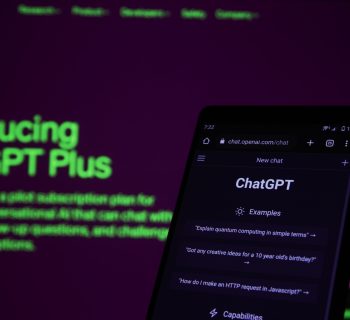There seems to be a whole spate of papers, blogs and reports published lately around MOOCs, Learning Analytics and the use of Labour Market Information. One possibly reason is that it takes some time for more considered research to be commissioned, written and published around emerging themes and technologies in teaching and learning. Anyway I've spent an interesting time reading at least some of these latest offerings and will try to write up some notes on what (I think) they are saying and mean.
One report I particular liked is 'A murky business: navigating the ethics of educational
research in Facebook groups" by Tony Coughlan and Leigh-Anne Perryman. The article, published in the European Journal of Open, Distance and e-Learning, is based on a reflection of their own experiences of researching in Facebook. And as they point out any consideration of ethical practices will almost inevitably run foul of Facebook's Terms and Condition of Service.
Not withstanding that issue, they summarise the problems as "whether/how to gain informed consent in a public setting; the need to navigate online disinhibition and confessional activity; the need to address the ethical challenges involved in triangulating data collected from social media settings with data available from other sources; the need to consider the potential impact on individual research participants and entire online communities of reporting research findings, especially when published reports are open access; and, finally, the use of visual evidence and its anonymisation."
Although obviously the use of social networks and Facebook in particular raise their own issues, many of the considerations are more widely applicable to Learning Analytics approaches, especially to using discourse analysis and Social Network Analytics> This discussion came up at the recent EmployID project review meeting. The project is developing a number of tools and approaches to Workplace Learning Analytics and one idea was that we should attempt to develop a Code of Practice for Learning Analytics in the workplace, similar to the work by Jisc who have published a Code of Practice for Learning Analytics in UK educational institutions.
As an aside, I particularly liked the section on "confessional’ activity’ and ‘online disinhibition’ based on work by Suler (2004) who identified six factors as prompting people to self-disclose online more frequently or intensely than they would in person:
-
Dissociative anonymity – the fact that ‘when people have the opportunity to separate their actions online from their in-person lifestyle and identity, they feel less vulnerable about self-disclosing and acting out’;
-
Invisibility – overlapping, but extending beyond anonymity, physical invisibility ‘amplifies the disinhibition effect’ as ‘people don’t have to worry about how they look or sound when they type a message’ nor about ‘howothers look or sound in response to what they say’;
-
Asynchronicity – not having to immediately deal with someone else’s reaction to something you’ve said online;
-
Solipsistic introjection – the sense that one’s mind has become merged with the mind of the person with whom one is communicating online, leading to the creation of imagined ‘characters’ for these people and a consequent feeling that online communication is taking place in one’s head, again leading to disinhibition;
-
Dissociative imagination – a consciously or unconscious feeling that the imaginary characters “created” through solipsistic interjection exist in a‘make-believe dimension, separate and apart from the demands and responsibilities of the real world’ (Suler, 2004 p.323).
-
The minimization of authority (for people who do actually have some) due to the absence of visual cues such as dress, body language and environmental context, which can lead people to misbehave online.
Suler, J. (2004). The Online Disinhibition Effect. In CyberPsychology & Behaviour,
7(3), (pp. 321-326). Available from http://www.academia.edu/3658367/The_online_disinhibition_effect. [Accessed 10 September 2014]








